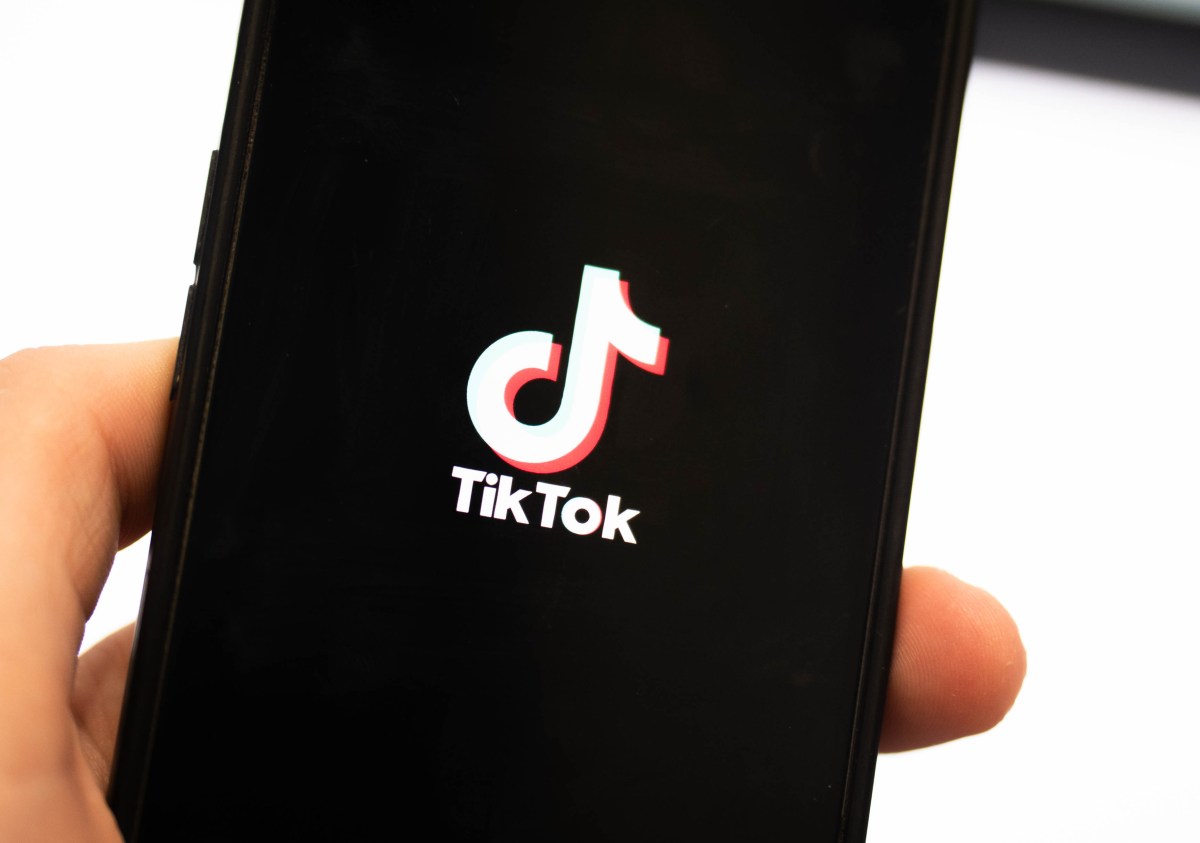(Reuters) – Facebook on Tuesday announced two new models of its Portal video calling devices, including its first portable version.
The social media company also said it was testing with several U.S. companies a service for businesses to remotely manage Portal work accounts and devices.
Facebook has not provided specific sales numbers on Portal, but a spokeswoman said there had been increased sales and usage during the COVID-19 pandemic, through which many companies shifted to remote working and more people stayed at home under lockdown measures. Facebook makes the vast majority of its money from digital ads.
The company, which is under scrutiny from global regulators and lawmakers over its approach to user safety, privacy and content across its services, launched its first line of Portals in 2018. The smart-display devices, one of Facebook’s forays into selling hardware, let users make video calls, with cameras that automatically follow users around a room.
Updates in the new models announced on Tuesday included a “household mode,” allowing users to share a Portal and control others’ access to their contacts and apps, and a way to watch TV through the product with others who are not using a Portal device.
Facebook said the portable Portal Go will cost $199 and the large-screen Portal+, the latest generation of the product, will cost $349. Both will begin shipping on Oct. 19.
Facebook also said it would start adding support for Microsoft Teams in Portal in December.
The company reported $497 million in non-advertising revenue in the second quarter of 2021, which it attributed mainly to sales of its Oculus Quest 2 virtual reality headsets. Facebook last month launched a test of a VR remote work app where Quest 2 users can hold meetings as avatar versions of themselves.
(Reporting by Elizabeth Culliford in London; Editing by David Gregorio)


























